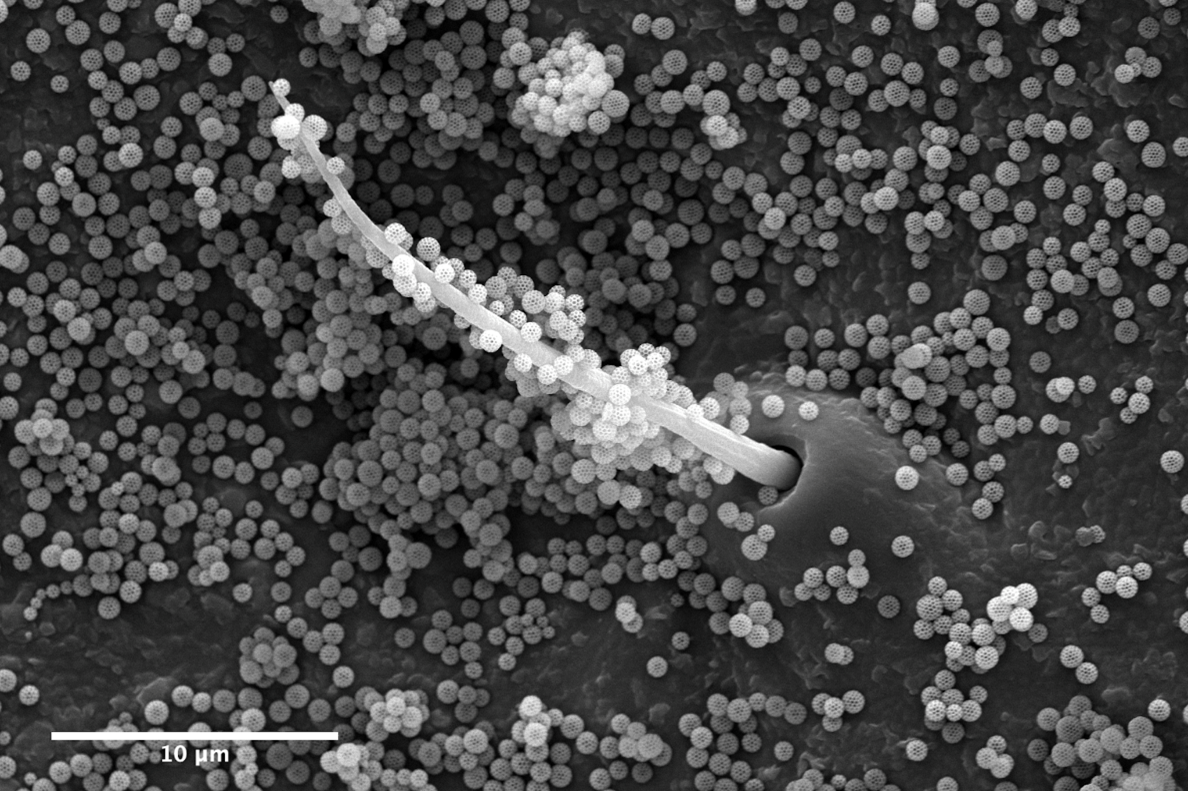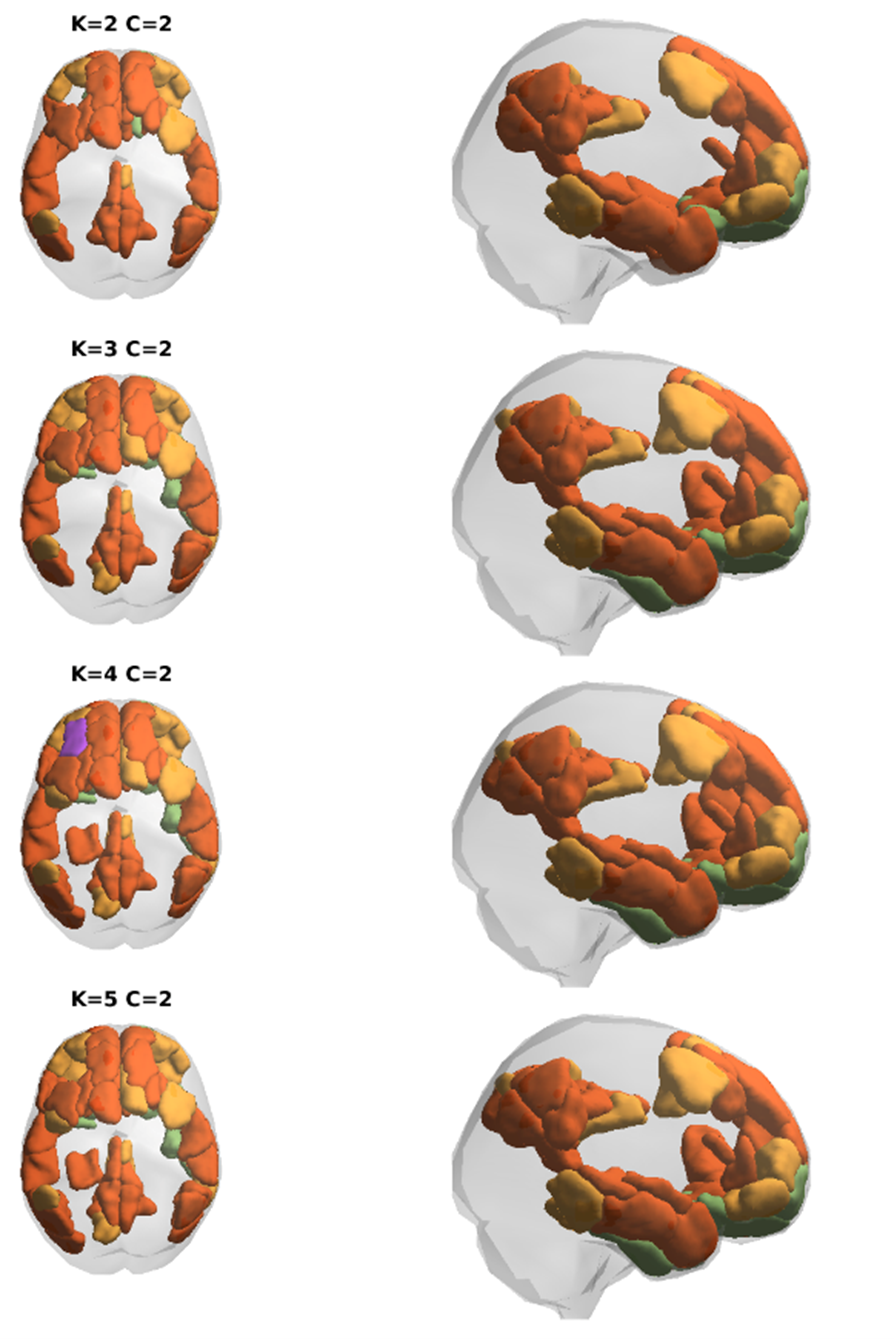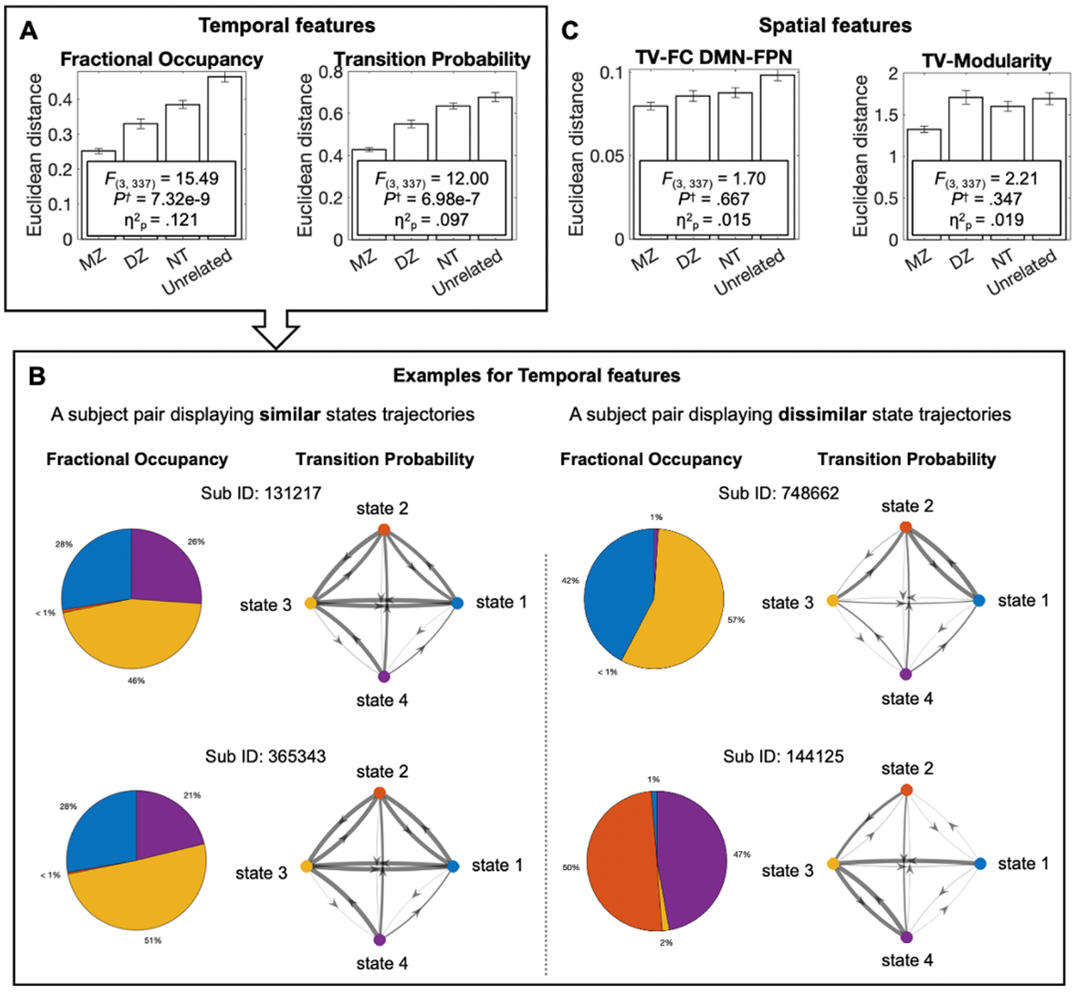Article
Three graduate students will present their research at the first Beckman Institute Graduate Student Seminar of the Spring 2022 semester: Elizabeth Bello, entomology; Evan Anderson, The Neuroscience Program; and Suhnyoung Jun, psychology.
The event takes place Wednesday, Feb. 2 at noon. Register to attend on Zoom.
Exploring the role of brochosome variation on the wettability of leafhopper wings (Hemiptera: Cicadellidae)
Elizabeth Bello, entomology

Insect wing surfaces have micro- and nano-features that create a topography which results in multi-functional properties like hydrophobicity, antibacterial activity, and anti-reflectivity. Leafhoppers (Hemiptera: Cicadellidae) are unique in that they produce and excrete molecular granules (brochosomes) that are spread onto the integument by the insect. These adaptations have captured the interest of researchers looking to draw inspiration from the natural world to generate novel solutions and technologies. Here, we compare brochosome size and shape across eight species (five genera) of leafhoppers using scanning electron microscopy. Through the use of microgoniometry, we also demonstrate that in addition to the presence of a brochosomal coating, variation in brochosome size impacts the level of hydrophobicity. Furthermore, we expect to find that smaller brochosomes increase droplet contact angle. This is the first study that relates brochosome size variation and wettability among various leafhopper species. Our work provides valuable insight into the guided design of novel functionalized materials that promote hydrophobic and self-cleaning activities.
Biography
Elizabeth Bello is a second-year master’s student studying entomology under the direction of Dr. Marianne Alleyne. Her research focuses on insect cuticle multifunctionality, specifically insect wings, and how we can use our understanding of biological surfaces to create novel designs and materials. She received her associate’s degree from Suffolk County Community College and completed her bachelor’s degree at Farmingdale State College, both located in New York. Elizabeth received the 2021 Beckman Institute Graduate Fellowship. In her free time, she enjoys reading and spending time outdoors hiking, kayaking, camping, and fishing.
Dynamic brain network connectivity underlies individual differences in general intelligence
Evan Anderson, The Neuroscience Program

Resting brain activity is constructed from dynamic, evolving profiles of functional integration and segregation across the cortex. I investigated the relationship between dynamic brain connectivity and general intelligence in a large sample (N=297) of healthy young adults with resting state functional imaging data, using the leading eigenvector of dynamic FC matrices to discover and label transitions between dominant functional network states. I found that the likelihood of multiple-brain network phase coherence between frontoparietal, cortical limbic, and default mode activity is significantly related to intelligence, suggesting that efficiency in integrating functional activity across these brain networks may be a key source of individual differences in cognitive ability. These results suggest that spontaneous patterns in dynamic BOLD activity are a reliable neurobiological marker for individual differences in human intelligence.
Biography
Evan Anderson completed his bachelor's degree in psychology at the University of Illinois Urbana-Champaign. He is a member of The Neuroscience Program, a graduate student in the Decision Neuroscience Lab, and has a background in computer science and cognitive psychology. His research investigates the neurobiological mechanisms underpinning human intelligence and decision-making using computational methods from cognitive neuroscience.
Dynamic trajectories of connectome state transitions are heritable
Suhnyoung Jun, psychology

The brain’s functional connectome is dynamic, constantly reconfiguring in an individual-specific manner. However, which characteristics of such reconfigurations are subject to genetic effects, and to what extent, is largely unknown. Here, we identified heritable dynamic features, quantified their heritability, and determined their association with cognitive phenotypes. In resting-state fMRI, we obtained multivariate features, each describing a temporal or spatial characteristic of connectome dynamics jointly over a set of connectome states. We found strong evidence for heritability of temporal features, particularly fractional occupancy and transition probability, describing the trajectory of state transitions. Genetic effects explained a substantial proportion of phenotypic variance of these features (h2=.39,95% CI= [.24,.54] forFO;h2=.43, 95% CI=[.29,.57] for TP). Moreover, these temporal phenotypes were associated with cognitive performance. Contrarily, we found no robust evidence for heritability of spatial features of the dynamic states (i.e., states’ modularity and connectivity pattern). Genetic effects may therefore primarily contribute to how the connectome transitions across states, rather than the precise spatial instantiation of the states in individuals. In sum, genetic effects impact the duration spent in each connectivity configuration and the frequency of shifting between configurations, and such temporal features may act as endophenotypes for cognitive abilities.
Biography
Suhnyoung Jun is a fourth-year Ph.D. student studying psychology. She is in the Cognitive Neuroscience Lab and works with Dr. Sepideh Sadaghiani (the CONNECT Lab). She investigates the role of genetics on the behaviorally relevant features of the large-scale functional connectome, mainly through fMRI approaches.
Beckman Institute for Advanced Science and Technology